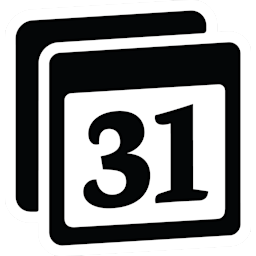
Notion Calendar
Notion Calendar is a calendar app owned by Notion for managing events & meetings.
Login to Reveal Score
Please log in to see the detailed ratings for our tools, including design, features, performance, practicality, and value.
Our Rating
Last Updated:
This Is a Good One!
This tool performed well in our tests. Our ratings for tools factor in design, features, performance, practicality and value to help determine the tool's overall score.
Things we like
Send meeting links for bookings
Create focused time sessions
Connect with Notion databases
Beautiful design and simplicity
Create Notion pages in events
Things we don't like
Lacks Outlook calendar abilities
Too basic for some
What we think about the Design of Notion Calendar?
Notion Calendar is one of the most attractive looking Apple Calendar alternatives. With a simple design, this one oozes a simple, yet timeless nature to it.
Design
Notion Calendar is one of the most...More
Features
Whilst this one has the basic...More
Performance
Notion Calendar works fast and...More
Practicality
Using it on devices and the go is...More
Value
Good value thanks to it being...More
Access our premium reviews with a Tool Finder account
You might encounter ads on this page as this tool hasn't become a verified vendor.




